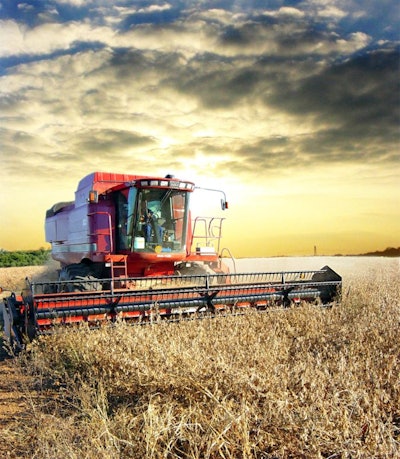
The 2018 farm bill will expire on September 30, 2023, so congressional agriculture committees are already reviewing the current farm bill and hearing from agriculture stakeholders to determine the content of the new 2023 farm bill. One of these gatherings of stakeholders is the Agri-Pulse 2022 Ag & Food Policy Summit in Washington D.C. held on March 21.
Multiple topics and concerns were addressed at the policy summit that pertain to the nuances of the bill’s content as well the challenges that will be posed when attempting to pass it through congress.
Budget
The bill’s budget was one of the first matters brought up. It is projected to be about $860 billion. However, it will be a zero-baseline budget, meaning that if spending is increased in one segment, then that same amount must be taken from other segments of the bill. According to administration officials in attendance, this will create a challenge as there will be new segments of the bill that were not in the previous.
The bill also lost potential extra funding after the Build Back Better Plan died in Congress.
Congress
The current climate of congress posed a concern as to what will be required to get the bill passed. Partisan polarization has become the norm on Capitol Hill as of late and bipartisan cooperation the exception. However, this farm bill must be bipartisan to become law.
With midterm elections this year, it is unknown what the structure of the House and Senate will be by the time the bill makes it to the floor of Congress.
One major concern that will carry over from the 2018 farm bill to the new one is funding and requirements for the Supplemental Nutrition Assistance Program (SNAP), formerly food stamps.
Added restrictions on who can qualify for SNAP and what that entails caused discord between Republicans and Democrats when passing the 2018 bill, and it is projected that the same conflict could arise again.
Summit attendee House Ag Committee Chairman David Scott, D-Ga, warned that if major reductions to SNAP benefits are made then the bill will not pass.
Climate change and risk management
Climate change and conservation dominated much of the conversation, mainly regarding how it will be written into the farm bill.
Summit speakers reaffirmed that sustainability initiatives must be voluntary to be effective because farmers and producers must feel like partners in the solution and not targeted.
Speakers also highlighted that sustainable efforts can not only help the environment but can also increase and improve production, for example, crop rotations that cultivate healthy soil.
However, conservation and sustainability could be a segment of the bill affected by budget cuts.
In the era of COVID-19, risk management was also a topic of interest. Speakers emphasized that USDA research into this segment is currently underfunded and that increased funding as well as a training aspect will be necessary to mitigate any future disasters that could cause the same kind of disruption.
Equity
Racial and economic equity was also a segment of the bill that speakers touched on. According to administration officials and lawmakers, there will be a deliberate focus on making resources available to underserved communities, for example, continuing the 1890s scholarship program which provides scholarships for minority students to get an education and start a career in agriculture.

















